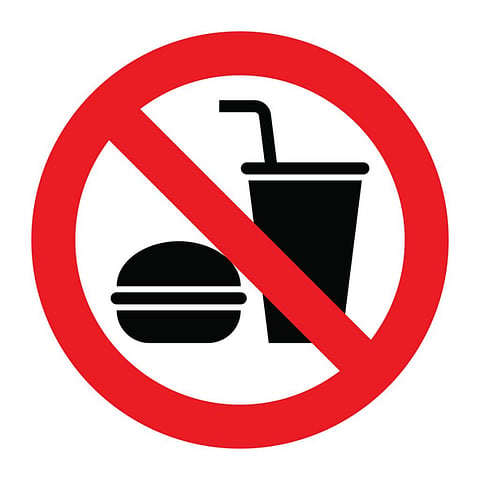

The School Education and Sports Department of the Government of Maharashtra has issued a notification, banning the sale and availability of food high in fat, salt and sugar (HFSS) in schools.
The notification emphasises that consumption of foods that are low in nutrition content and high in salt, sugar and fat leads to obesity and other problems, which influence the learning capacity of students.
Based on the recommendations of an expert committee set up by the Ministry of Women and Child Development, the department banned the sale and availability of several packaged and non-packaged HFSS food items, including chips, carbonated beverages, non-carbonated beverages, noodles, pizzas, sweets containing 30 per cent or more sugar, chocolates, cakes and biscuits in schools.
The notification also suggests a list of food items that schools may choose to serve instead. It includes traditional and healthy food items like dal, rice, roti, paratha, idli, vada, sambar, payasam, coconut water, buttermilk and others. It adds that while implementing the recommendations, schools must also keep in mind the geographical location, the season and the food traditions of the region.
The notification mandates that principals and managements of respective schools take steps to ensure that it is followed. It also suggests that apart from restricting HFSS food and ensuring the availability of healthy food, schools must take measures to spread awareness among students about the benefits of healthy eating.
New Delhi-based Centre for Science and Environment has been campaigning against the exposure of children to junk food, especially in and around schools. The cause of banning or restricting availability of junk food in schools has been taken up by different machineries.
Following the judgment of the Delhi High Court in the Uday Foundation case, the Food Safety and Standards Authority of India issued draft guidelines on “making available wholesome, nutritious, safe and hygienic food to school children in India” on October 12, 2015.
Further, the Central Board of Secondary Education issued a circular dated January 6, 2016, directing schools that no HFSS foods should be sold in school canteens and within 200 metres of schools.
At the initiation of the National Commission for Protection of Child Rights, state commissions of Punjab, Chandigarh and Manipur issued directions to ban the sale and availability of junk food in schools. Similar developments have also been undertaken in Odisha and Nagaland.